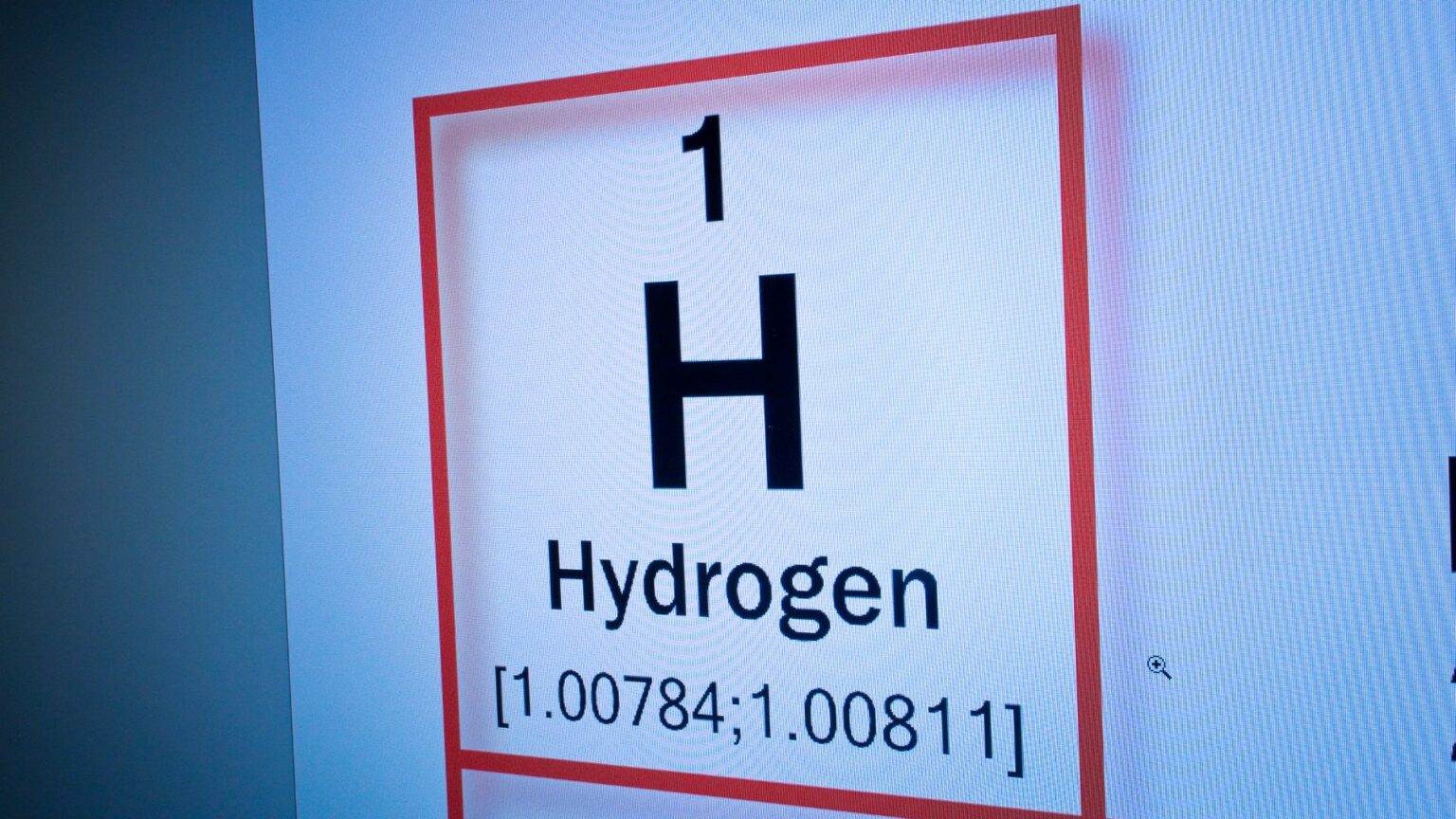By 2025, hydrogen’s promise as a clean energy vector rests heavily on overcoming storage challenges. Metal hydrides (MHs) offer regulated release and lower‑pressure operation, yet persistently lag in gravimetric density and safety validation—a tension highlighted in a recent review of 173 peer‑reviewed studies on MH storage risk assessment.
Hydrogen’s High‑Density Appeal Meets Material Limits
Hydrogen’s gravimetric energy density (33.33 kWh/kg) surpasses that of gasoline (12 kWh/kg) by nearly threefold, while its volumetric density in MHs can approach 10 wt% % for compounds like NaBH₄ and LiAlH₄. Yet system‑level densities—and the heavy reactors needed to manage high desorption temperatures (up to 400 °C)—cause overall energy‑in‑storage per mass to fall short of compressed or liquid hydrogen options.
Safety Profile: Controlled Release versus Chemical Hazards
Unlike 35 MPa gas or 20 K liquid hydrogen—which consume 15 % and 35 % of the stored energy in compression and liquefaction, respectively—MHs store hydrogen via reversible chemisorption under moderate pressures (1–40 bar) and temperatures (0–100 °C). This lowers immediate fire and overpressure risks. However, certain MHs (e.g., LiH, NaAlH₄) react violently with moisture, generating heat and potentially pyrophoric byproducts. Experimental dust‑cloud detonation tests show that finer MH powders can double the explosion pressure compared to pure metal dust.
Risk Assessment Shortfalls and Data Scarcity
The review identifies a critical gap: quantitative risk assessment (QRA) for MH systems remains underdeveloped. Although the broader hydrogen sector uses tools like HyRAM and Bayesian networks for gaseous storage, MH‑specific incident data is scarce. Of the 855 publications screened, just 173 addressed safety and risk analysis for MHs, often focusing on individual materials rather than system‑level hazards. Without high‑quality, field‑sourced failure rates and consequence data, probabilistic models struggle to predict rare but severe events—embrittlement‑induced leaks, thermal runaway, or catastrophic vessel rupture.
Balancing Kinetics, Capacity, and Safety Through Innovation
To reconcile slow (ad)sorption kinetics and low gravimetric density with safety, researchers propose nanostructuring and catalytic doping to lower desorption temperatures and control heat release. Yet, the impact of these modifications on chemical stability and reactivity remains unquantified. Advanced computational fracture mechanics and finite‑element models are recommended to evaluate hydrogen embrittlement effects on MH integrity under cyclic loading.
Toward a Comprehensive QRA Framework
Addressing these gaps calls for a structured QRA framework that integrates MH behavioral factors—water reactivity, explosivity, embrittlement kinetics—with probabilistic event‑tree and Bayesian analyses. Establishing a taxonomy of MH failure modes and building a dedicated incident database, potentially leveraging sanitized reliability data from oil & gas (OREDA), would underpin more reliable frequency and consequence estimates. Coupling experimental explosion parameters with CFD dispersion models can then inform safety distances and emergency‑response planning for stationary and mobile MH installations.
By melding rigorous material science with data‑driven risk methodologies, the industry can chart a path from laboratory promise to operational confidence, ensuring that MH storage delivers on hydrogen’s potential without compromising safety or efficiency.





